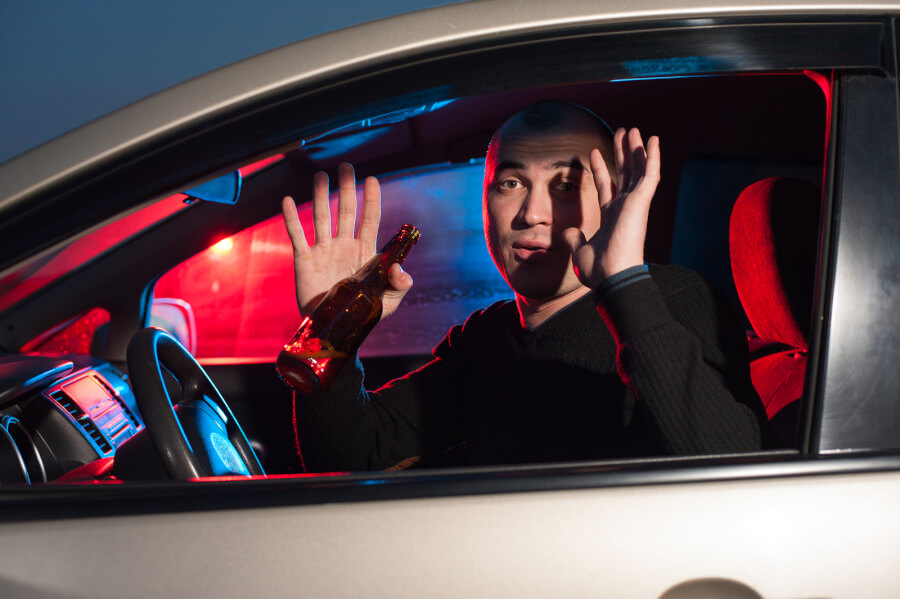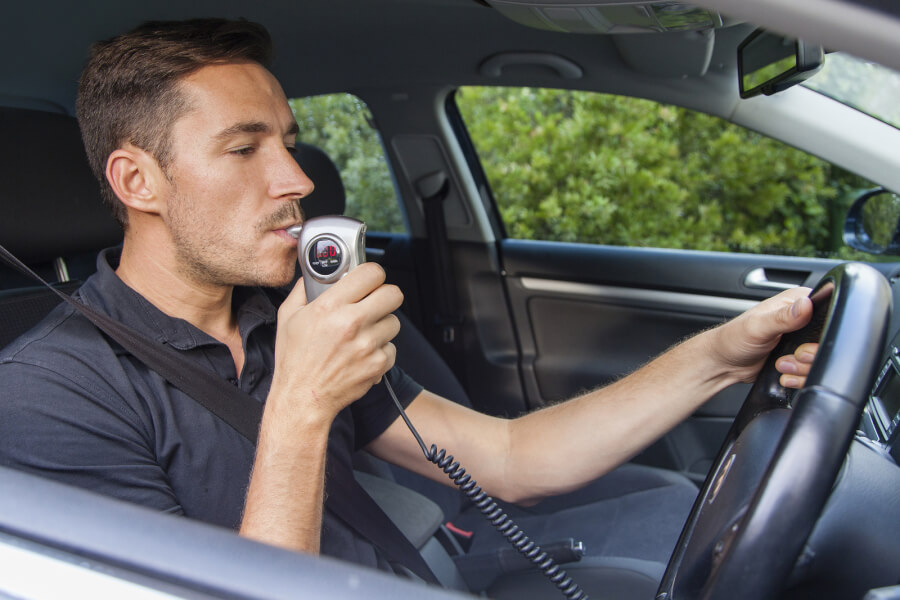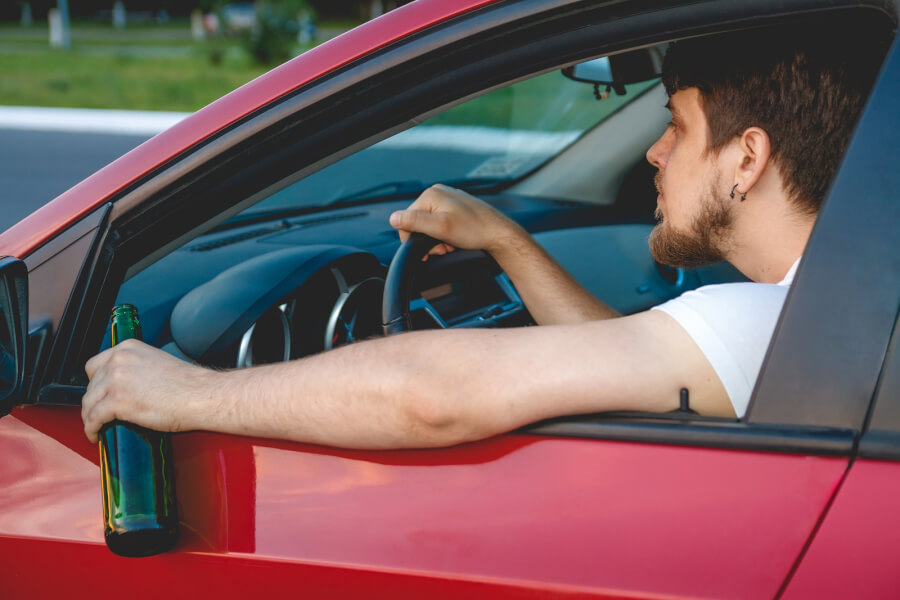While drunk driving gets a lot of attention, intoxicated persons are not the only dangerous drivers on the road.
 Distracted driving—especially texting while driving—causes a fair number of accidents by itself. The National Highway Traffic Safety Administration (NHTSA) reports that nearly 3,500 people in the US were killed in 2015 by distracted drivers, and 391,000 are injured in the same way every year.
Distracted driving—especially texting while driving—causes a fair number of accidents by itself. The National Highway Traffic Safety Administration (NHTSA) reports that nearly 3,500 people in the US were killed in 2015 by distracted drivers, and 391,000 are injured in the same way every year.
Teenage drivers are the largest group of offenders, but every day over 660,000 people in the US are doing something else while they’re driving in broad daylight:
· Talking on their cell phone
· Texting/emailing using their cell phone
· Eating/drinking
· Adjusting the stereo or another entertainment system
· Other tasks that take attention away from driving
North Carolina’s “It Can Wait” campaign, as well as tougher new laws, aren’t having the positive effect officials hoped it would. That means a lot of people are still driving around and not paying enough attention to the road and other vehicles. If this is you, there are a few things you need to know.
Driving Distractions Cause Accidents
Anything that distracts your full attention from the road can cause a driver to be distracted enough to cause a crash. Texting is particularly dangerous not only because of the distraction factor but also by the cognitive actions involved—typing, reading, sending. (This is also called “inattentional blindness.”) All drivers are prohibited from texting in North Carolina.
AT&T has an online driving simulator that demonstrates how dangerous texting and driving can be.
While we know there are times where you “really need to take this call,” play it safe and pull over to the side of the road to do so if you can.
The Police Can Pull You Over For Texting
If your vehicle is in motion and you are caught texting behind the wheel, you can be pulled over and ticketed, with a $100 fine. This is true even if you’ve committed no other traffic violation (such as speeding or running a red light.) It’s not illegal to read or send texts or emails if your vehicle is stopped or parked (such as at a red light or in a parking lot while waiting for someone.)
“Novice Drivers,” those who are under 18, are prohibited from all cell phone use while driving, not just texting.
School bus drivers are also prohibited from using a cell phone while driving. This includes handheld and hands-free phone use.
GPS devices are currently allowed, however, they are also a distraction and can also cause an accident, as does using a cell phone’s GPS app.
What’s Next?
Although there is a movement to stop all cell phone while driving in North Carolina, not just texting, it hasn’t happened yet. Deaths in North Carolina have been attributed to distracted driving, but there really isn’t anything beyond the texting ban, yet.
Earlier this year, the North Carolina Governor’s Highway Safety Program launched “One Call Could Wreck It All,” an initiative to remind drivers to stop driving distracted. AT&T launched “It Can Wait” in 2013, and continues to promote safe driving, along with encouraging drivers everywhere to take their pledge and not drive distracted.
Let Dewey P. Brinkley Help
If you’ve been in an accident caused by distracted driving, contact our office at 919-832-0307 for a free consultation today. Mr. Brinkley is a Board Certified Specialist and an experienced defense lawyer who will represent you in court and ensure you have a fair trial with the strongest possible defense. He has extensive trial experience as a prosecutor in Wake County, North Carolina, and will work closely with you to build your case for trial. Don’t wait–call today.




